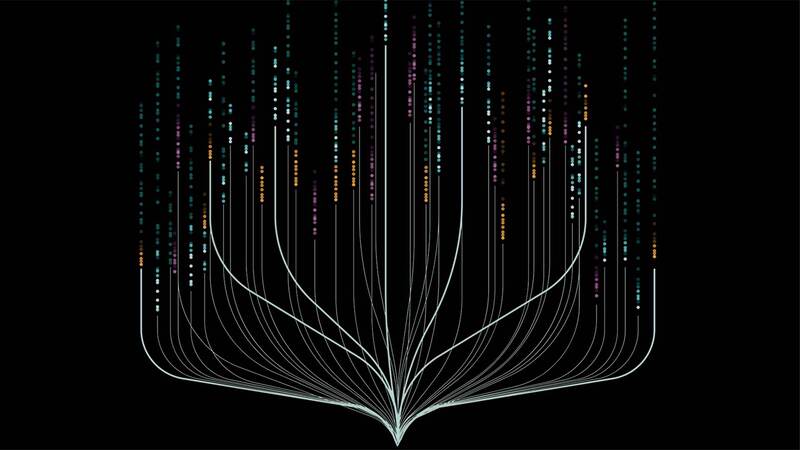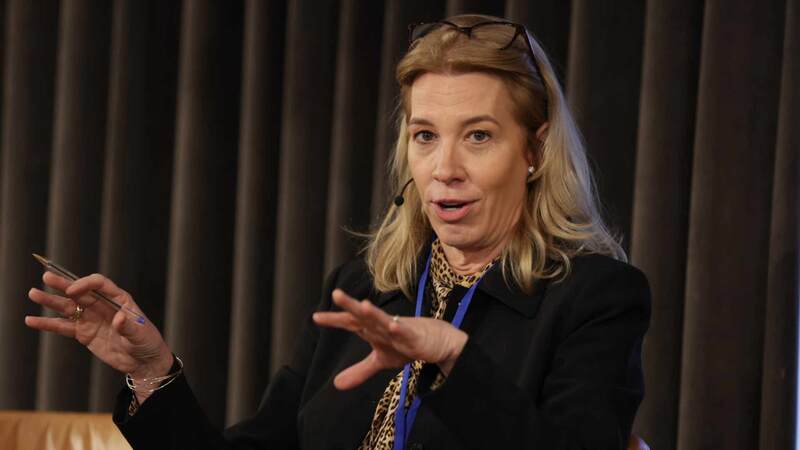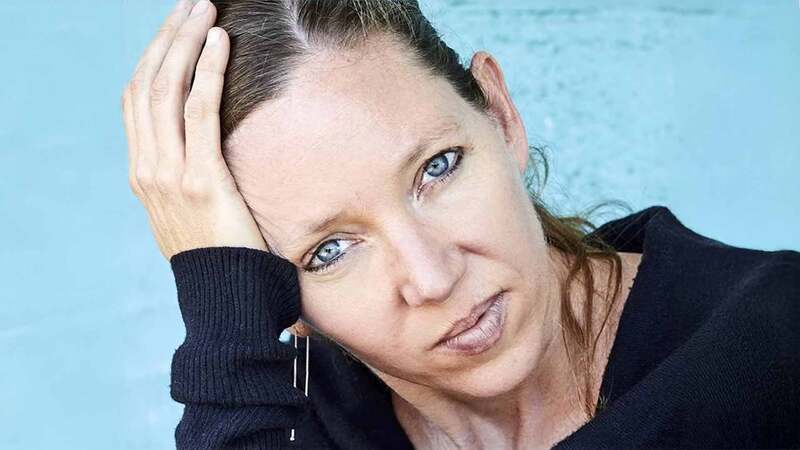You are viewing your 1 free article this month. Login to read more articles.
The Famine that Killed 45 Million
"When there is not enough to eat, people starve to death. It is better to let half of the people die so that the other half can eat their fill.” These words were spoken by tyrannical dictator Mao in Shanghai in 1959 one year into the Great Leap Forward – the communist regime the government hoped would put China on par with the UK and America.
Mao thought the way to advance the nation was to increase its agricultural and industrial production, at the cost of millions of people’s lives through starvation, torture and violence. Between 1958 and 1962, around 45 million Chinese people died as a direct result of the regime, which made privatised farming illegal and closed off food supplies to starving citizens. It is estimated that up to three million committed suicide, fearing the violence from the officials that faced them if they didn’t meet their grain production quota.
Dikotter is a historian and lecturer at the University of Hong Konga and is the author of Mao's Great Famine: The Story of China's Most Devastating Catastrophe. He talks to We Love This Book about the research that made his “stomach churn”.
Stacey Bartlett: Do you think you had grasped the full extent of what went on in the Great Leap Forward before you started researching?
Frank Dikotter: When I started research I thought that I would be looking at how people coped with lack of food. But already on the second day in the party archives I came across a report detailing the violence meted out in a remote village of Guangdong to farmers judged to be too weak, sick or old to contribute to the regime through their labour. It included details of a child being tied up, thrown into a pond and left to drown as punishment for having stolen a handful of grain. It made my stomach churn, and at first I thought that violence against vulnerable people might have been specific to a few regions only. But as my research unfolded, taking me to very different parts of the country, I discovered more and more similar stories. The scope of the violence used by local officials to force villagers to comply with their orders is what really took me aback, in particular the use of food as a weapon to kill undesirable categories of people.
SB: The subject matter is obviously controversial – what made you want to write about it now?
FD: There was a window of opportunity when the party archives opened up more than usually in the years of goodwill just before the Beijing Olympics in 2008. I saw an opportunity and I seized it. I’m glad I did so, as some of the material I was able to consult has been reclassified since 2008.
SB: Why were you permitted access to the confidential information in the Chinese archives?
FD: A little known law stipulates that archives older than 30 years can, in some cases, be declassified, although large amounts of material of course remain safely locked away from the prying eyes of historians, in particular anything related to the Cultural Revolution. In the case of the Great Leap Forward, it may very well be that relative ignorance in China today about what happened during those years of horror actually resulted in a greater degree of openness in the party archives.
SB: Was it hard to keep the account balanced?
FD: I decided very early on that the best strategy would be to let the sources speak for themselves, and that approach helped me a lot.
SB: How long did you spend researching the book, and when did you decide you had completed the research?
FD: I spent about six months in all kind of archives over a period of four years, and I decided that the research would never be completed until the Central Party Archives open their doors to historians. Since this is unlikely to happen any time soon, I felt it was time to start writing up once I had been through most of the big holdings in a dozen provincial archives.
SB: Did you come across any opposition or suppression whilst you were there researching?
FD: No comment.
SB: Why do you think people are so fascinated with stories of genocide?
SB: Why do you think people are so fascinated with stories of genocide?
FD: I am not so sure they are – the most popular history books tend to be in biography and military history, and a remarkable book by Su Yang recently published on mass killings in the countryside during the Cultural Revolution has barely been noticed.
SB: Do you know if your book will be published in the East?
FD: A translation in Japanese is forthcoming, but even more important is the Chinese translation to be published soon by the New Century Press here in Hong Kong.
SB: A reviewer in the Guardian described your book as ‘pulling another brick from China’s wall’ – was this your intention?
FD: My main concern was to give a voice to the many millions of ordinary people who died completely unnecessarily as a result of the Great Leap Forward.
SB: Do you think winning the Samuel Johnson prize will raise awareness of what went on?
FD: Elie Wiesel [Holocaust survivor and winner of the Nobel Peace Prize] once said that the executioner always kills twice, the second time through silence. I hope that the Samuel Johnson Prize will contribute to disturbing that silence and making sure that we don't allow the horror of the Great Leap Forward to slip into oblivion.
Mao’s Great Famine by Frank Dikotter is out now, published by Bloomsbury, £9.99.














